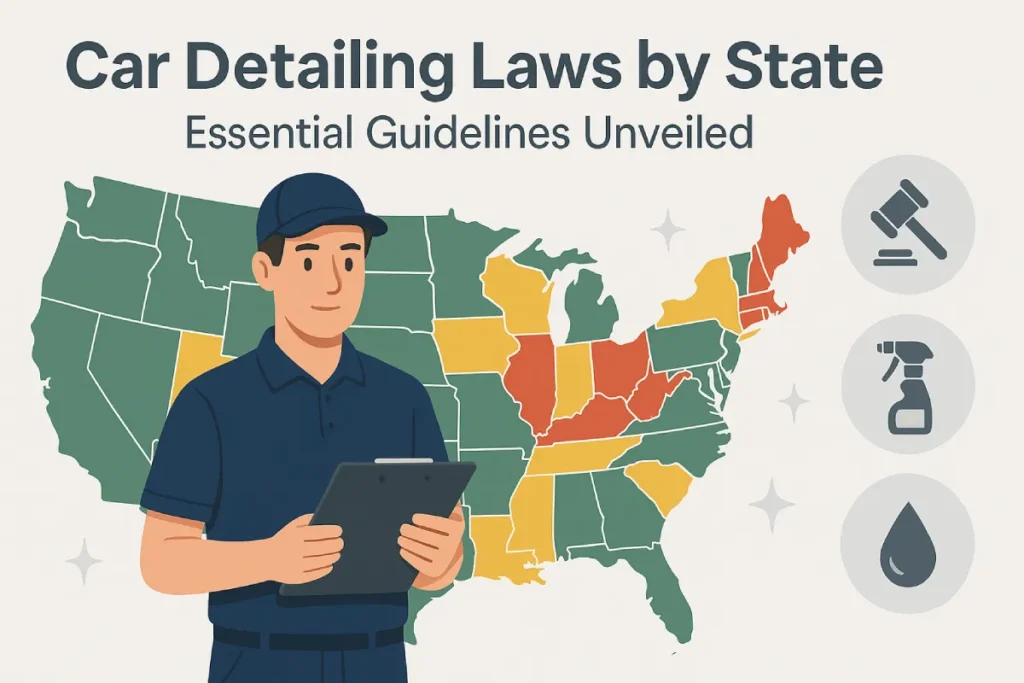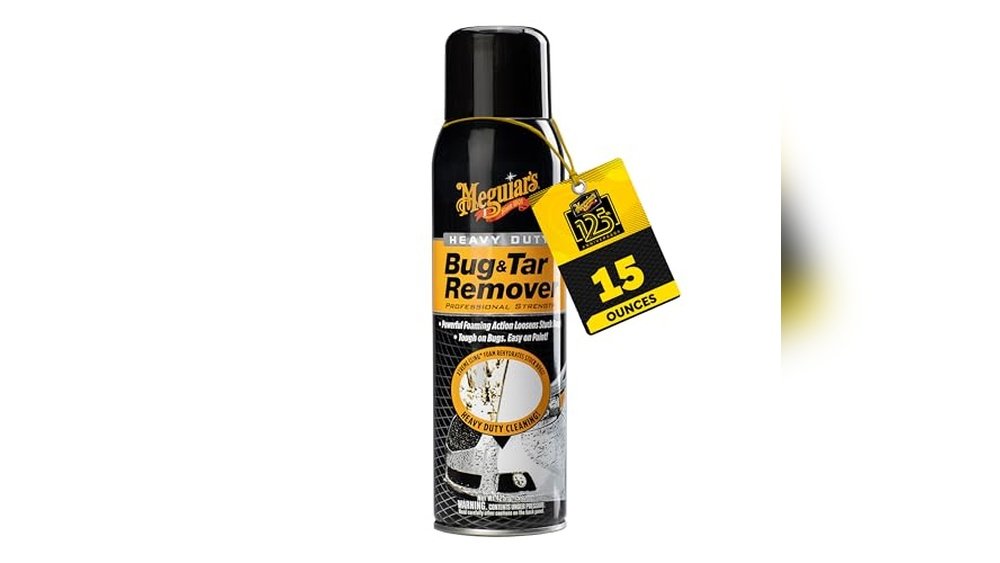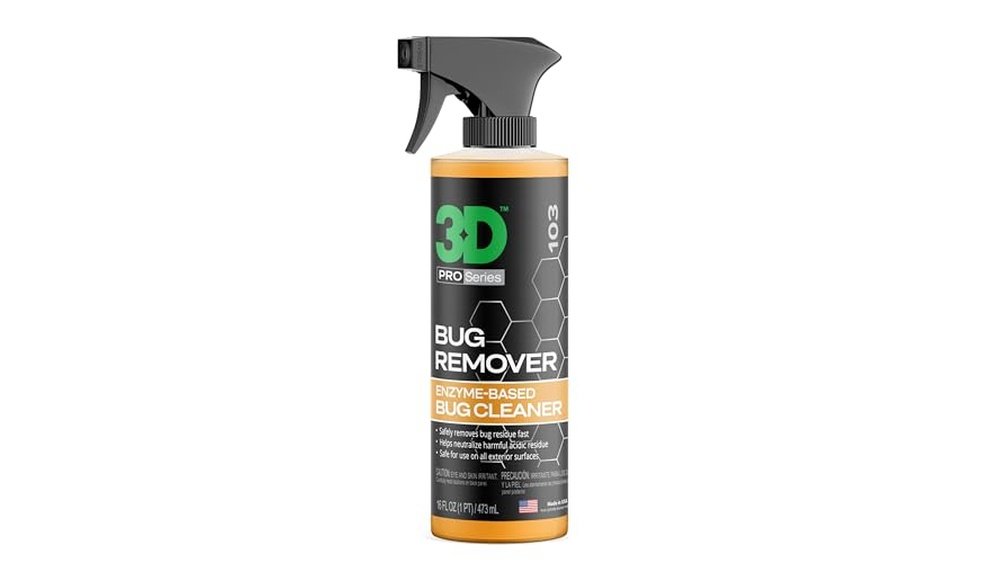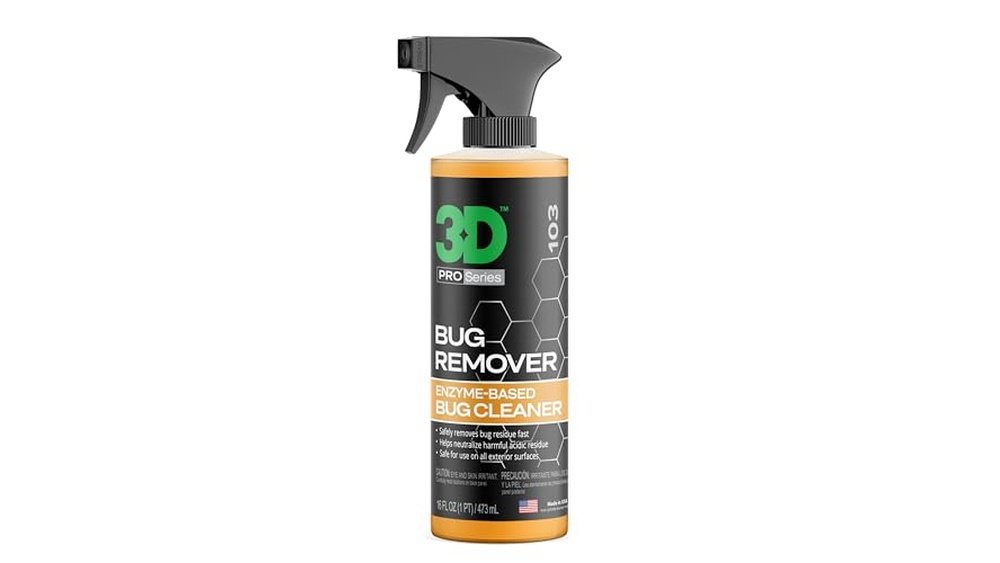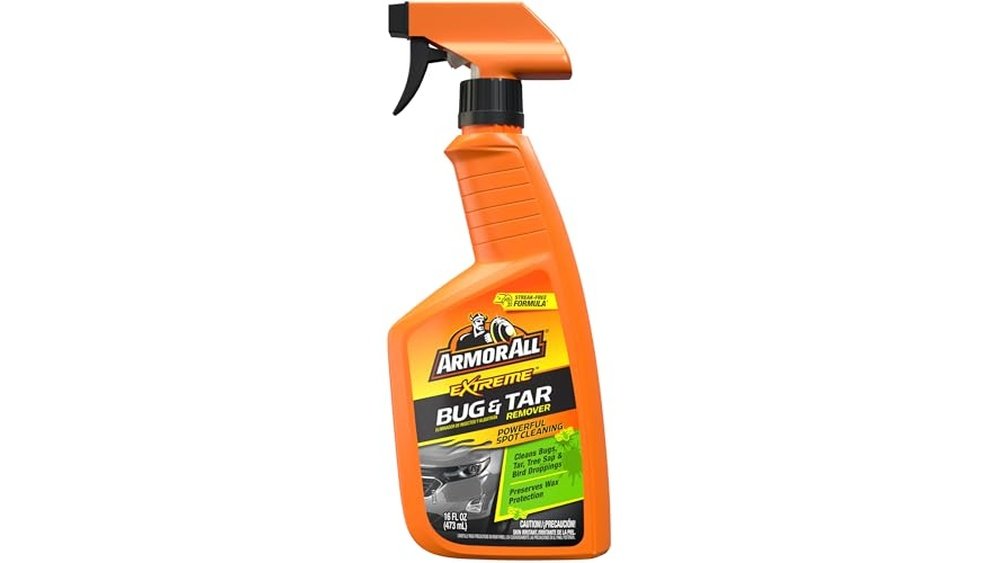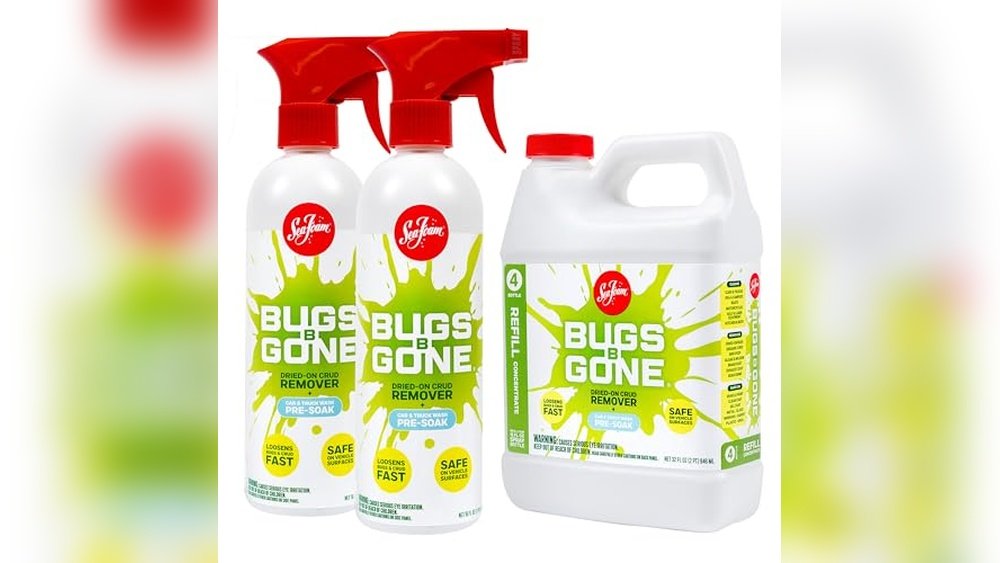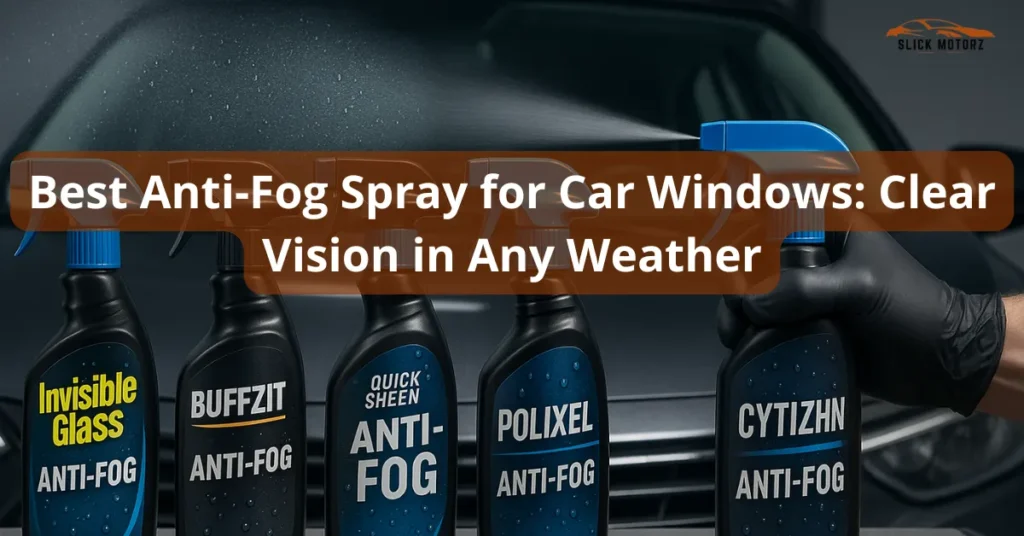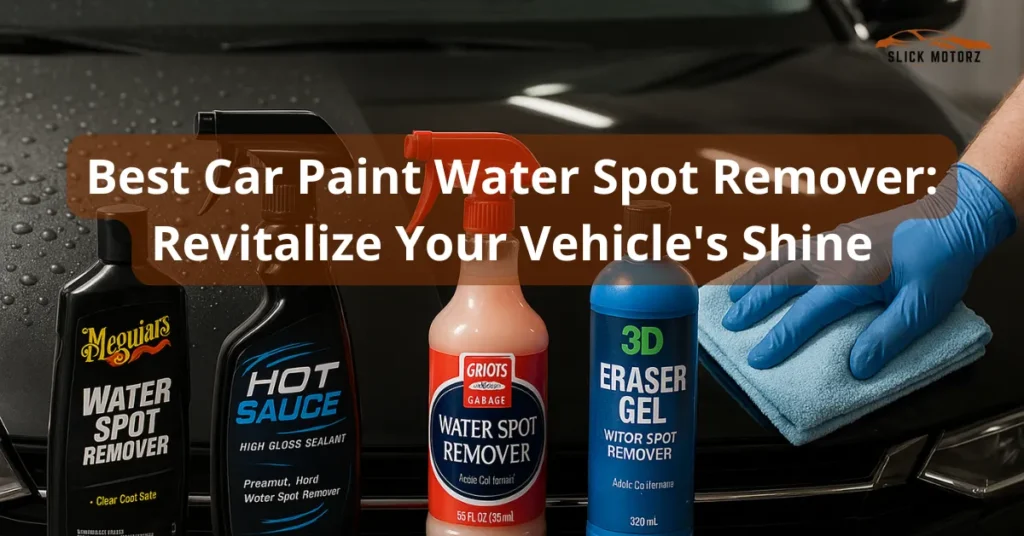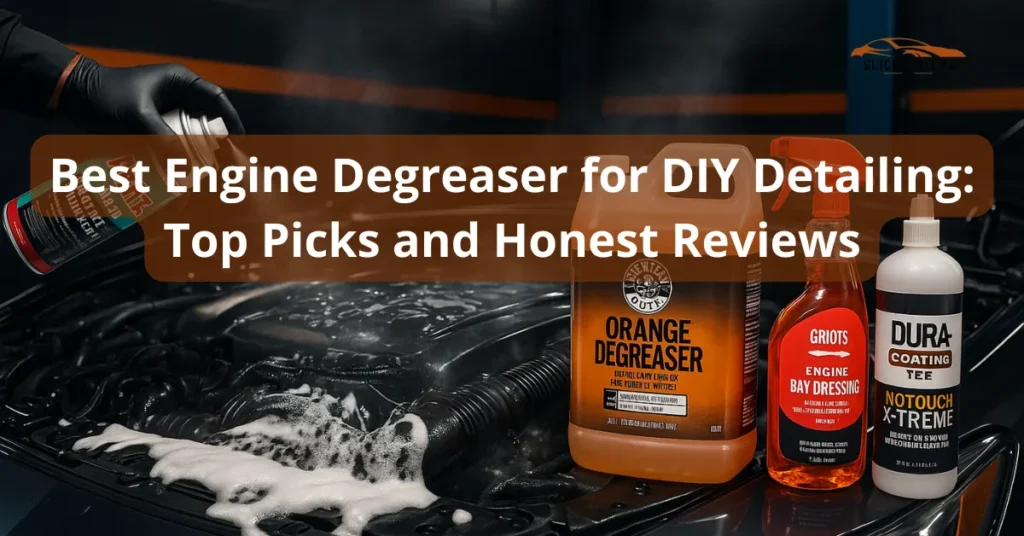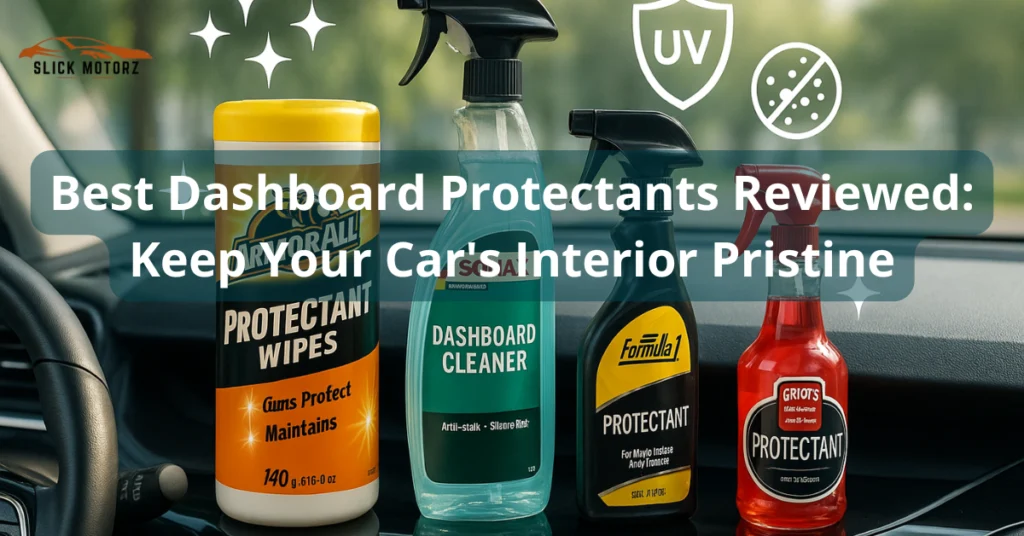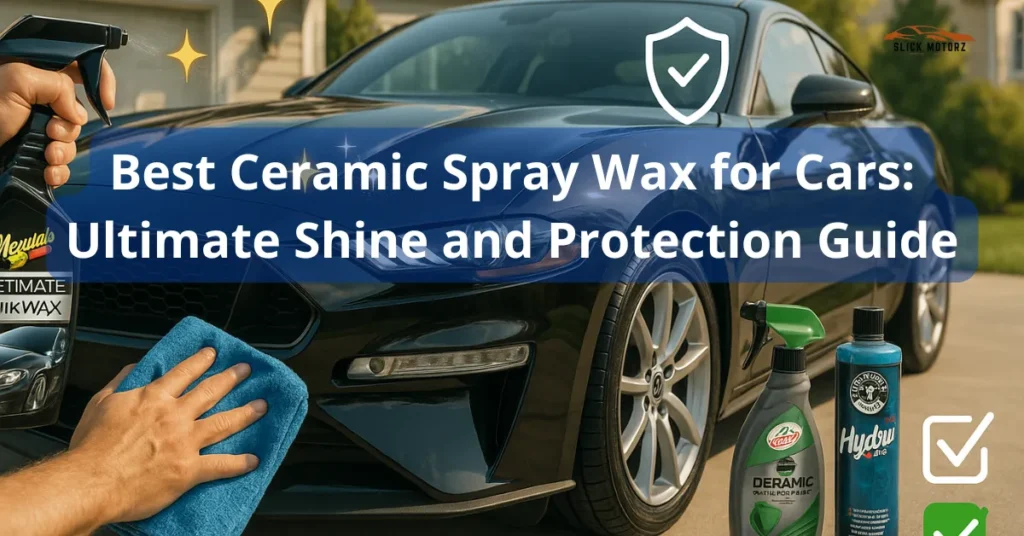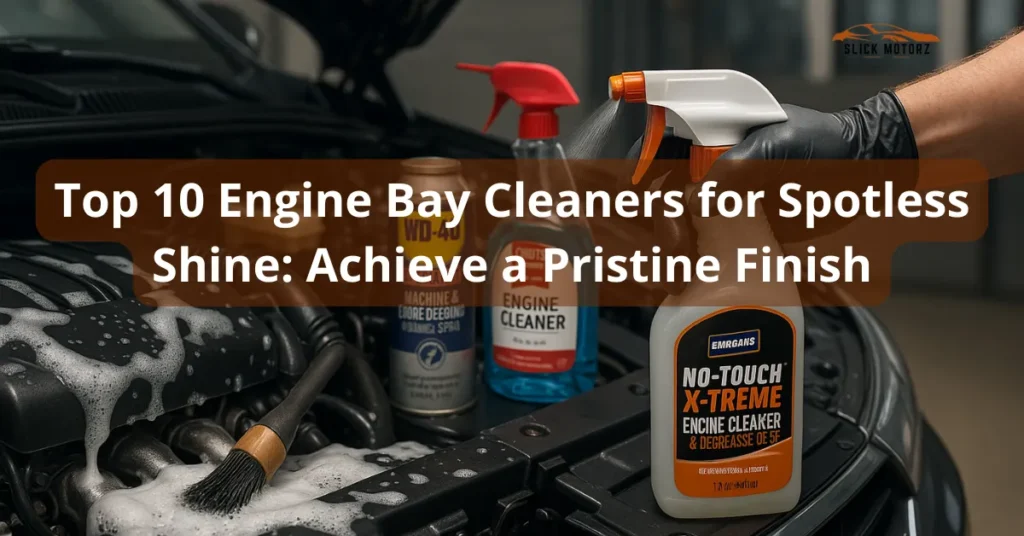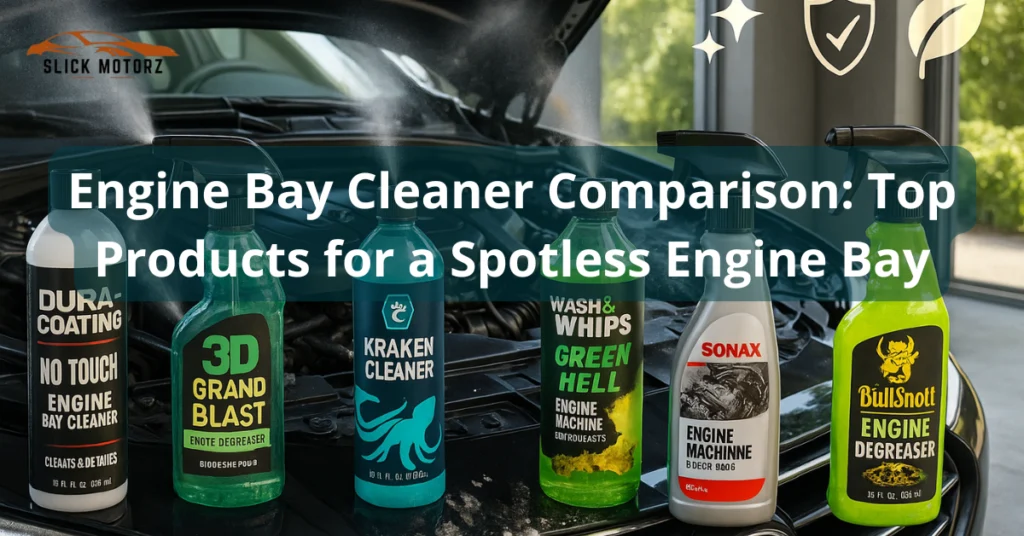Imagine pulling up to your favorite coffee shop in a car that shines like a diamond. The spotless exterior and pristine interior turn heads and spark compliments.
But have you ever considered the laws that govern car detailing in your state? As you dive into the world of car care, knowing the legal landscape is crucial. Whether you’re a DIY enthusiast or a business owner, understanding these regulations can save you from unexpected fines or legal hassles.
This article will guide you through the car detailing laws by state, ensuring you make informed decisions that keep your vehicle—and your wallet—protected. Read on to discover the legal secrets that can transform your car detailing experience and keep you on the right side of the law.
State-specific Regulations
Car detailing is more than just a deep clean. It’s a way to keep your vehicle in top condition. But did you know each state in the U.S. has its own rules for car detailing businesses? These regulations can impact how you operate. They might even affect the products you use. Understanding state-specific regulations is crucial for anyone involved in car detailing. Let’s dive into the specifics of car detailing laws by state.
Understanding Environmental Regulations
Every state has unique environmental regulations. These rules often focus on water use and chemical disposal. For instance, California has strict laws to protect the environment. Detailers must use water-saving techniques. They also need to dispose of chemicals properly. Failure to follow these rules can lead to fines.
Licensing Requirements By State
Licensing is another critical aspect. Some states require car detailers to hold specific licenses. This ensures they meet safety and quality standards. In Florida, for example, detailers must register their business. This includes paying a fee and passing inspections. Check your state’s licensing requirements to stay compliant.
Insurance Regulations
Insurance is vital for any car detailing business. Each state has different requirements. In Texas, businesses must have liability insurance. This protects you and your clients. It covers damages that might occur during detailing. Verify your state’s insurance mandates to safeguard your operations.
Permits And Zoning Laws
Permits and zoning laws vary widely. They dictate where and how you can operate your business. New York requires permits for mobile detailing units. You must adhere to zoning laws to avoid penalties. This ensures you’re operating in approved areas. Always check local laws before setting up your service.
Table: Overview Of Key Regulations By State
| State | Environmental Laws | Licensing | Insurance | Permits |
|---|---|---|---|---|
| California | Strict on water use | No specific license | Recommended | Required for mobile units |
| Florida | Moderate regulations | Business registration | Mandatory | Zone-specific |
| Texas | Minimal restrictions | No specific license | Liability required | Check local rules |
| New York | Moderate regulations | Business registration | Recommended | Permits for mobile |
Understanding these regulations ensures your car detailing business runs smoothly. It helps you avoid legal troubles. Stay informed, and always check for updates to the laws in your state.
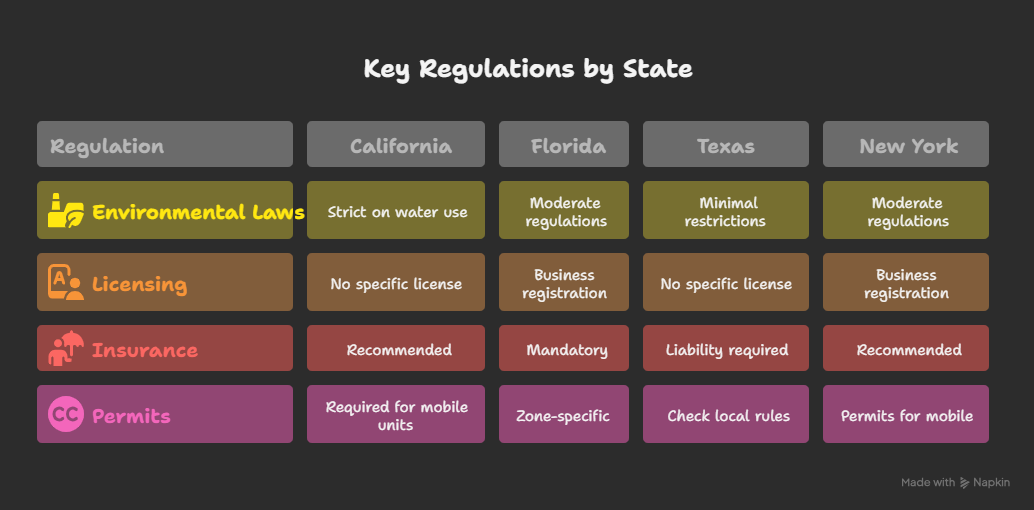
Credit: Napkin AI
Licensing Requirements
Car detailing is more than just cleaning a vehicle; it’s an art. But understanding the car detailing laws by statecan be daunting. Each state has its own set of rules, especially when it comes to licensing requirements. Knowing these rules is crucial for anyone in the business. Without proper licensing, your business might face penalties or even shutdowns.
Licensing is a vital part of running a car detailing business. It ensures that your operations are legal and regulated. Different states have different licensing requirements.
State-specific Licenses
In some states, you need a general business license. Others might require a specific car detailing license. Check your state’s regulations to ensure compliance.
- California: Requires a business license and environmental permits.
- Florida: Needs a general business license and sales tax registration.
- Texas: Requires a franchise tax permit and business registration.
Environmental Permits
Environmental permits are often required due to the chemicals used in detailing. States with strict environmental laws have additional requirements.
| State | Permit Required |
|---|---|
| New York | Yes |
| Ohio | No |
Insurance Requirements
Insurance is critical to protect against liabilities. Some states mandate insurance for car detailers.
- Liability Insurance: Covers damages to customer vehicles.
- Workers’ Compensation: Required if you have employees.
Business Registration Process
Registering your business is the first step. It involves submitting paperwork and paying fees. Each state has a different process.
Some states offer online registration. Others require physical forms. Always check the official state website for accurate details.
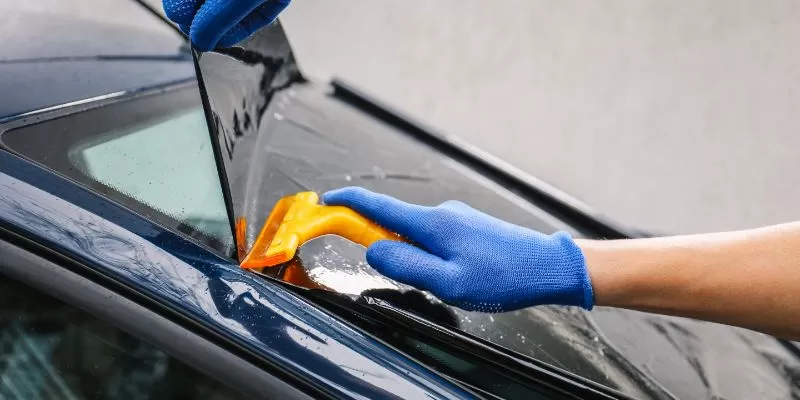
Credit: www.eastonlawoffices.com
Environmental Considerations
Car detailing is more than just cleaning. It’s a meticulous process that enhances your vehicle’s appearance and longevity. Yet, many don’t realize that car detailing laws vary by state. These laws include environmental considerations that are crucial for businesses and hobbyists alike. Understanding these regulations can prevent legal issues and contribute to a healthier planet.
Water Usage Restrictions
Water usage is a significant concern in car detailing. Many states have regulations to conserve water and protect resources. These restrictions can vary widely based on local environmental conditions and water availability.
Common water usage restrictions include:
- Limits on the amount of water used per vehicle.
- Mandates for water recycling systems.
- Prohibitions on certain times or days for water usage.
California, for example, has stringent water usage laws due to frequent droughts. Businesses may need to invest in water-saving technologies like steam cleaners or waterless washing solutions. These alternatives not only comply with regulations but also offer efficient cleaning.
Here’s a table summarizing some states with notable water restrictions:
| State | Water Usage Regulation |
|---|---|
| California | Strict limitations and mandatory recycling systems |
| Texas | Time-of-day watering restrictions |
| Nevada | Water allocation limits per vehicle |
Chemical Regulations
Chemicals used in car detailing can pose environmental hazards. Many states regulate these substances to prevent pollution and health risks. Understanding chemical regulations is essential to ensure compliance and protect the environment.
Key aspects of chemical regulations include:
- Prohibition of certain hazardous substances.
- Requirements for proper disposal of waste.
- Mandates for safe storage and handling.
Some states, like New York, have banned products containing specific volatile organic compounds (VOCs). These compounds can contribute to air pollution and health issues. Businesses might need to choose eco-friendly products or invest in proper ventilation systems.
Here’s an overview of chemical regulations in different states:
| State | Chemical Regulation |
|---|---|
| New York | Ban on high-VOC products |
| Florida | Strict disposal requirements |
| Washington | Safe storage mandates |
Staying informed about chemical regulations ensures safe practices. It not only prevents penalties but also helps in promoting a sustainable approach to car detailing.
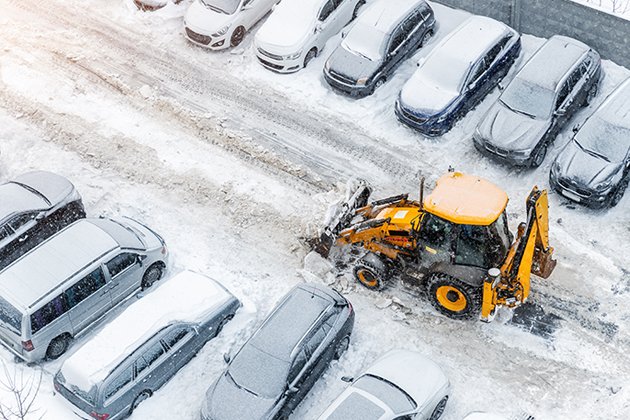
Credit: www.rmmagazine.com
Insurance And Liability
Understanding insurance and liability is crucial for car detailing businesses. Each state has specific laws affecting how you protect your business and employees. Proper coverage can prevent financial loss and ensure smooth operations. This knowledge keeps you compliant and reduces risks. Let’s explore the essential aspects of insurance coverage and workers’ compensation.
Required Coverage
Every car detailing business needs adequate insurance coverage. States mandate different requirements, but general liability insurance is a must. It covers damages or injuries during service. Here’s a look at typical coverage needs:
- General Liability Insurance: Protects against third-party claims for injuries or property damage.
- Garage Keepers Insurance: Covers damages to vehicles in your care, custody, or control.
- Commercial Property Insurance: Protects your premises and equipment from damage or theft.
Some states require additional coverage types. For example, Environmental Liability Insurance may be needed for businesses using chemicals. This protects against pollution-related claims. Check your state’s specific requirements to ensure compliance.
| State | Special Coverage Requirement |
|---|---|
| California | Environmental Liability Insurance |
| Texas | Garage Keepers Insurance |
| New York | General Liability Insurance |
Worker’s Compensation
Workers’ compensation insurance is vital for car detailing businesses. It provides financial protection for employees injured on the job. States have varying rules on coverage requirements.
Most states require businesses with a certain number of employees to have workers’ compensation. Here’s what you need to know:
- Employee Threshold: Some states require coverage if you have even one employee.
- Benefits Provided: Covers medical expenses and lost wages for injured employees.
- State-Specific Laws: Each state has unique rules and benefits.
Ensure compliance by understanding your state’s laws. Some states offer exemptions for small businesses or family-run operations. Research your state’s specific requirements for exemptions and thresholds.
Consider the following table for a quick overview:
| State | Employee Threshold | Exemptions |
|---|---|---|
| Florida | Four or more employees | Family-run businesses |
| Illinois | One or more employees | None |
| Ohio | Three or more employees | Independent contractors |
Health And Safety Standards
Car detailing is more than just giving vehicles a shiny appearance. It’s about maintaining health and safety standards to protect both workers and clients. Each state in the U.S. has specific laws to ensure safety in car detailing operations. Understanding these regulations is crucial for anyone in the industry. Following these guidelines can prevent accidents and ensure a safer working environment.
Personal Protective Equipment
Workers in the car detailing industry are often exposed to various chemicals and equipment. Using Personal Protective Equipment (PPE)is vital to ensure their safety. Each state may have different requirements, but some common PPE includes:
- Gloves: Protect hands from chemicals and sharp objects.
- Goggles: Shield eyes from splashes and debris.
- Face Masks: Prevent inhalation of harmful vapors.
- Aprons: Guard against spills and stains on clothing.
- Ear Protection: Reduce noise from machinery.
Some states mandate specific PPE based on the chemicals used. For example, California requires additional respiratory protection due to its stricter air quality laws. Here’s a quick comparison of PPE requirements in different states:
| State | Required PPE |
|---|---|
| California | Respirators, Gloves, Goggles |
| Texas | Gloves, Goggles |
| Florida | Gloves, Face Masks |
Hazardous Material Handling
Handling hazardous materials is a significant concern in car detailing. Chemicals like polishes, waxes, and cleaners can pose risks if not managed correctly. Different states have guidelines for the safe handling of these substances. Key practices include:
- Proper Storage: Keep chemicals in labeled, sealed containers.
- Ventilation: Ensure proper airflow in workspaces to disperse fumes.
- Waste Disposal: Follow state laws for disposing of hazardous waste.
- Spill Management: Have spill kits readily available to handle accidental leaks.
Some states require specific training for workers handling these materials. For instance, New York mandates a certification for hazardous material handling. Adhering to these regulations not only ensures compliance but also protects the health of workers and the environment. Here’s an overview of hazardous material handling requirements in select states:
| State | Special Requirements |
|---|---|
| New York | Certification for handling |
| Ohio | Spill kits mandatory |
| Illinois | Specific disposal methods |
Consumer Protection Laws
Car detailing is more than just a wash and wax. It’s a comprehensive service aimed at restoring and maintaining your vehicle’s appearance. Each state has its own set of laws governing car detailing services. These laws ensure that consumers are protected from unfair practices and guarantee quality service. Understanding these laws can help you make informed decisions and avoid unnecessary disputes.
Service Guarantees
Service guarantees are essential in car detailing. They assure customers that they will receive the promised level of service. These guarantees vary by state but generally include:
- Quality Assurance: Ensures the detailing service meets predefined standards.
- Refund Policies: Provides options for refunds if services are unsatisfactory.
- Repair and Replacement: Covers any damage incurred during the detailing process.
Some states require detailing businesses to clearly state their service guarantees. This transparency helps customers understand what they can expect. In states with stricter consumer protection laws, service guarantees might also include:
| State | Guarantee Requirement |
|---|---|
| California | Written guarantee for all services over $100 |
| New York | 30-day satisfaction guarantee |
Knowing these guarantees can prevent misunderstandings. It’s vital to ask your detailing provider about their guarantee before booking a service.
Dispute Resolution
Dispute resolution is crucial in car detailing. It provides a structured process to handle conflicts between consumers and service providers. Each state has specific rules for resolving disputes:
- Mediation: A neutral third party helps both sides reach an agreement.
- Arbitration: A binding decision made by an arbitrator based on the dispute details.
- Small Claims Court: Allows consumers to sue for damages without a lawyer.
Dispute resolution processes are usually outlined in the service contract. This helps consumers understand their rights if the service does not meet expectations. States with robust consumer protection laws often have dedicated agencies for dispute resolution:
| State | Agency |
|---|---|
| Texas | Consumer Protection Division |
| Florida | Department of Agriculture and Consumer Services |
Understanding these processes can save time and stress. It helps consumers know who to contact and what steps to take in case of a dispute.
Local Ordinances
Understanding local ordinances is crucial for car detailing businesses. These laws dictate how operations should run in specific areas. They ensure that detailing services don’t disrupt the community or violate local rules. Knowing these ordinances can prevent fines and shutdowns. Two important aspects to consider are noise regulations and zoning laws. They directly impact where and how you can operate your detailing business.
Noise Regulations
Car detailing often involves loud equipment. Local noise regulations are vital in managing these sounds. Each state has its own rules. Some states have strict decibel limits. Others may have time restrictions for noisy activities. Here’s what you need to consider:
- Decibel Limits: Many areas set maximum noise levels. These can vary by time of day. Always check the local decibel restrictions.
- Operating Hours: Some places limit noise during certain hours. Nighttime restrictions are common. Ensure your operations comply with these time frames.
- Residential vs. Commercial Areas: Rules often differ based on location. Residential areas usually have stricter noise limits.
Below is a table highlighting common noise regulations:
| State | Decibel Limit | Restricted Hours |
|---|---|---|
| California | 65 dB | 10 PM – 7 AM |
| Texas | 70 dB | 9 PM – 6 AM |
Adhering to these regulations prevents complaints and legal issues. It ensures a smooth operation in harmony with the community.
Zoning Laws
Zoning laws define where car detailing businesses can operate. They separate areas into zones for specific purposes. Residential, commercial, and industrial zones have different rules. Here are the key points to understand:
- Commercial Zones: Ideal for car detailing businesses. They permit higher levels of activity and noise.
- Residential Zones: Usually restrictive. Noise and traffic are major concerns here. Business operations may be limited.
- Permits and Licenses: Some areas require special permits. Ensure you have the necessary licenses to operate legally.
Understanding zoning laws helps in choosing the right location. Here’s a simple overview of zoning types:
| Zone Type | Description |
|---|---|
| Residential | Homes and apartments. Limited business activity. |
| Commercial | Businesses and services. High activity allowed. |
| Industrial | Factories and warehouses. Heavy operations permitted. |
Choosing the right zone is crucial. It impacts your business’s success and community relations. Always consult local zoning maps before setting up your operations.
Enforcement And Penalties
Car detailing businesses must follow state laws to ensure compliance and avoid penalties. Enforcement varies by state, with agencies monitoring practices to safeguard environmental and consumer interests. Understanding these regulations is crucial for maintaining lawful operations. This section explores the enforcement mechanisms and penalties that car detailing businesses may face.
Enforcement Agencies
State agencies enforce car detailing laws. These bodies ensure businesses comply with environmental standards. Typically, the Department of Environmental Protection (DEP) or similar entities oversee compliance. They conduct inspections and review reports.
| State | Enforcing Agency |
|---|---|
| California | California Environmental Protection Agency |
| Texas | Texas Commission on Environmental Quality |
| Florida | Florida Department of Environmental Protection |
Penalties For Non-Compliance
Non-compliance can lead to serious penalties. These might include fines, business suspension, or revocation of licenses. Penalties vary based on the severity of the violation. Repeat offenders face harsher consequences.
- Fines: Monetary penalties may range from hundreds to thousands of dollars.
- Business Suspension: Temporary suspension until compliance is achieved.
- License Revocation: Permanent closure for severe violations.
Common Violations
Businesses often face penalties for common violations. These include improper waste disposal and failure to use eco-friendly products. Other violations might involve not maintaining accurate records or neglecting state-mandated safety measures.
- Improper disposal of hazardous waste.
- Failure to use approved cleaning agents.
- Neglecting safety protocols.
- Inadequate record-keeping.
Steps To Ensure Compliance
Businesses can avoid penalties by following these steps. Regular training and audits help maintain compliance. Staying updated with state laws is essential. Implementing robust waste disposal systems is also crucial.
- Conduct regular staff training sessions.
- Perform routine compliance audits.
- Stay informed on state law changes.
- Establish proper waste management practices.
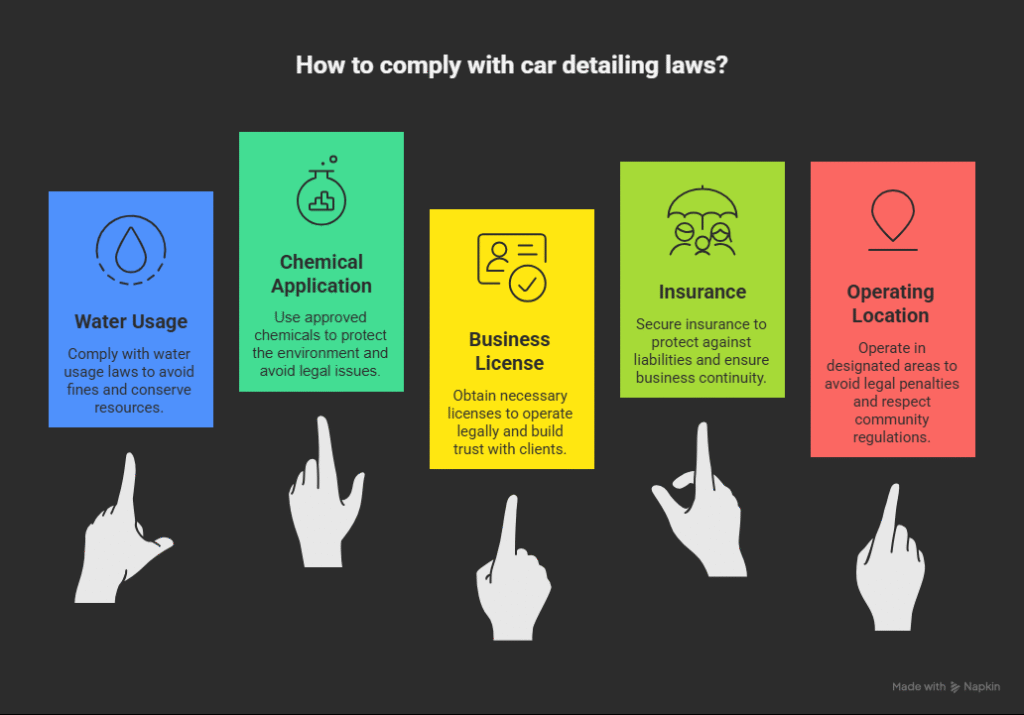
Credit: Napkin AI
Download Car Detailing Legal Compliance Checklist (2025 Edition)
Frequently Asked Questions
What Are Car Detailing Laws?
Car detailing laws vary by state and cover several aspects. These include environmental regulations, water usage, and waste disposal. Some states require specific licenses or permits. It’s essential to check local laws to ensure compliance and avoid fines. Always stay up-to-date with changes in regulations to ensure compliance and operate legally.
Do I Need A License For Car Detailing?
In many states, a license is required to operate a car detailing business. This ensures compliance with local environmental and business regulations. Licensing may involve fees and inspections. Always check your state’s requirements before starting your business to avoid penalties and ensure legal operation.
How Do State Laws Affect Mobile Detailing?
State laws impact mobile detailing in areas like water runoff, chemical use, and waste disposal. Some states have stricter regulations to protect the environment. Compliance may require specific equipment or permits. Research local regulations thoroughly to ensure your mobile detailing business operates legally and sustainably.
Are There Environmental Restrictions For Detailing?
Yes, many states have environmental restrictions for car detailing. These include rules on water usage, chemical runoff, and waste disposal. Violating these can lead to fines or business closure. It’s crucial to understand and follow your state’s environmental laws to operate responsibly and avoid legal issues.
Conclusion
Understanding car detailing laws is crucial for all vehicle owners. Each state has its own rules. Knowing these can save you from trouble. It ensures your business runs smoothly. Always stay updated with local regulations. Check with local authorities if unsure.
This helps maintain compliance and avoid fines. Regularly review state requirements for peace of mind. Being informed protects your investment. It also builds trust with clients. Make legal knowledge a priority in your detailing operations. This way, you ensure success and legality in your business.
Stay informed, stay legal, and keep your car detailing business thriving.

